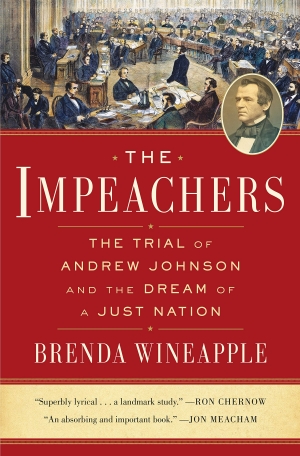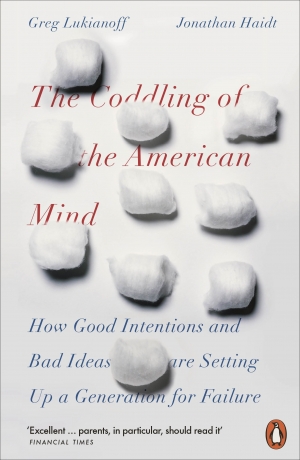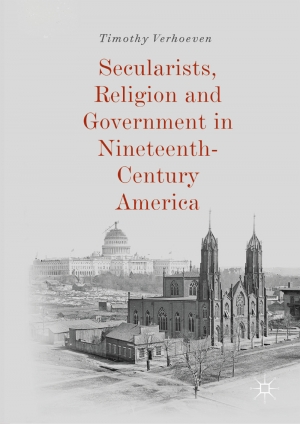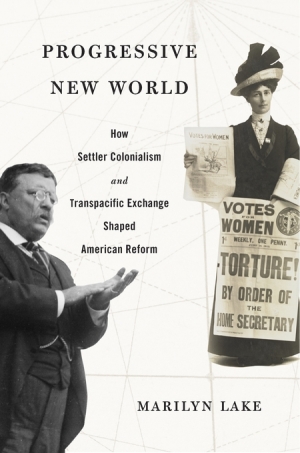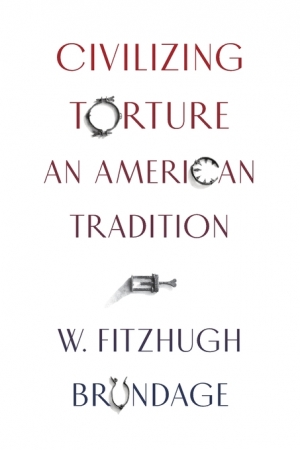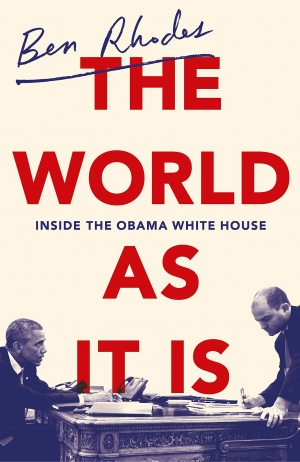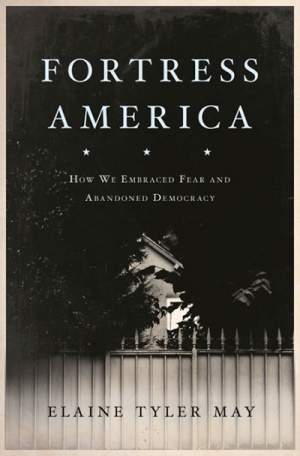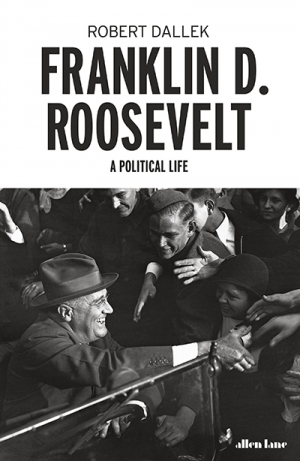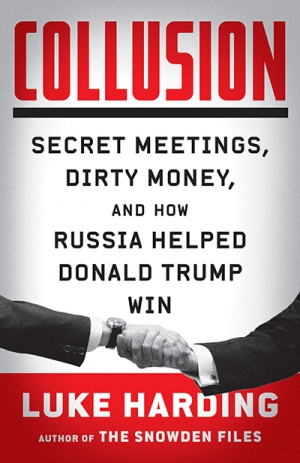US Politics
Samuel Watts reviews 'The Impeachers: The trial of Andrew Johnson and the dream of a just nation' by Brenda Wineapple
Andrew Johnson’s first day in the White House was less than promising. Whether, as his supporters claimed, he was suffering from illness and had attempted to self-medicate or had simply been celebrating his new position as vice president, Johnson was devastatingly drunk. It was 3 March 1865, the Civil War was rapidly drawing to a close, and the recently re-elected President Lincoln was to deliver his second inaugural address. In prose that would eventually be inscribed across the walls of his marble memorial, Lincoln reflected on God, war, and the emerging challenge of how to rehabilitate a divided Union. The vice president’s words that day were barely decipherable and after prostrating himself before a Bible and subjecting it to a long wet kiss, he was quickly ushered away.
... (read more)Varun Ghosh reviews Tired of Winning: A chronicle of American decline by Richard Cooke
Tired of Winning: A chronicle of American decline by journalist and essayist Richard Cooke begins with the shock of Donald Trump’s election on 8 November 2016. In New York’s Lincoln Square, thousands of Clinton supporters were ‘stunned into silence’ while ‘a posse of drunk frat boys in MAGA caps announced themselves ...
... (read more)David Rolph reviews 'The Coddling of the American Mind' by Greg Lukianoff and Jonathan Haidt
In 1987, Allan Bloom published his best-selling book, The Closing of the American Mind. The American mind must have remained sufficiently open to allow it, three decades hence, to be coddled. The mind that is being closed or coddled is, in the first instance, the young adult ...
... (read more)Ian Tyrrell reviews 'Secularists, Religion and Government in Nineteenth-Century America' by Timothy Verhoeven
In an address to the National Prayer Breakfast (8 February 2018), President Donald Trump called the United States a ‘nation of believers’. As evidence, he reminded his audience that the American currency includes the phrase ‘In God We Trust’ and that the Pledge of Allegiance is ‘under God’ ...
... (read more)In 1902, Australian feminist and social reformer Vida Goldstein met Theodore Roosevelt in the White House during her North American lecture tour. Marilyn Lake retells the story of their encounter in her important new book. Seizing Goldstein’s hand in a vice-like grip, the president exclaimed: ‘delighted to meet you’. Australasian social and economic reforms attracted Roosevelt and other Americans ...
... (read more)Prudence Flowers reviews Civilizing Torture: An American tradition by W. Fitzhugh Brundage
The Eighth Amendment to the United States Constitution, ratified in 1791, prohibits the use of ‘cruel and unusual punishments’. General Order No. 100 (the Lieber Code of 1863) declares that ‘military necessity does not admit of cruelty’ and explicitly bars American soldiers from torture. The UN Convention Against Torture ...
... (read more)Varun Ghosh reviews 'The World As It Is' by Ben Rhodes and 'Yes We (Still) Can' by Dan Pfeiffer
Gareth Evans diagnosed the affliction of leaving government as relevance deprivation syndrome. For those who worked in the Obama administration, leaving the White House must have presented deeper maladies: the bewildering success of a reviled political opponent and a profound sense of missed opportunities. Two recently released memoirs by former Obama staffers grapple with this reality in very different ways.
... (read more)Max Holleran reviews 'Fortress America: How we embraced fear and abandoned democracy' by Elaine Tyler May
On a Saturday afternoon shortly before Christmas in 1984, Bernhard Goetz was riding the New York City subway. Goetz, who is white, was approached by four black screwdriver-wielding teenagers who asked him for five dollars. Goetz drew a 0.38 pistol from his jacket and shot each of the boys once, then turned to one of them ...
... (read more)Andrew Broertjes reviews 'Franklin D. Roosevelt: A political life' by Robert Dallek
Franklin Delano Roosevelt is consistently ranked alongside George Washington and Abraham Lincoln as one of the greatest presidents of the United States. His greatness rests on two pillars. Elected in the midst of the Great Depression, he permanently changed how Americans viewed government: as a force that would ...
... (read more)Varun Ghosh reviews 'Collusion: How Russia helped Trump win the White House' by Luke Harding
It is now widely believed that Russia and its agents interfered with the 2016 US presidential election to help Donald Trump get elected ...
... (read more)
